Unlocking Educational Opportunities: The Benefits of a 529 Account
As the pursuit of education remains a cornerstone of personal and professional growth, I wanted to bring to your attention a valuable tool that can significantly ease the financial burden associated with educational expenses—the 529 savings plan.
What is a 529 Account?
A 529 account is a tax-advantaged savings plan designed to encourage saving for future education costs. Named after Section 529 of the Internal Revenue Code, these plans offer a range of benefits that make them a compelling choice for individuals aiming to invest in their or their loved ones' education.
Key Benefits of a 529 Account:
1. Tax Advantages:
Contributions to a 529 plan grow tax-free, meaning any earnings generated by your investments are not subject to federal income tax. Additionally, withdrawals for qualified education expenses are entirely tax-free, providing a powerful tax incentive for saving.
2. Flexible Use of Funds:
529 accounts can be used for a variety of education-related expenses. This includes tuition, fees, books, supplies, and even room and board for students attending eligible higher education institutions. The flexibility of these funds allows for a comprehensive approach to covering educational costs.
3. Choice of Investment Options:
529 plans typically offer a range of investment options, allowing you to tailor your portfolio based on your risk tolerance and investment goals. This flexibility empowers you to make strategic investment decisions that align with your financial objectives.
4. High Contribution Limits:
While contribution limits vary by state, they are generally high, allowing for substantial savings over time. This is particularly beneficial for individuals planning for the high costs associated with college or other qualified educational programs.
5. Ease of Use:
Setting up a 529 account is a straightforward process. Contributions can be made by anyone, and the account owner retains control over the funds. This simplicity makes 529 plans accessible and user-friendly for individuals seeking an uncomplicated solution for educational savings.
6. State Tax Benefits:
Many states offer additional tax incentives for contributing to a 529 plan. These incentives may include deductions or credits on state income taxes, providing an extra layer of savings for residents participating in their state's plan.
7. Transferability:
If the designated beneficiary does not use all the funds in the 529 account, the account owner can typically transfer the funds to another eligible family member without penalty. This flexibility ensures that the savings are put to good use within the family.
Taking the Next Step:
Whether you are a parent planning for your child's future education or an individual investing in your own academic pursuits, a 529 account can be a powerful ally in your financial strategy. I encourage you to explore the specific 529 plans available to you, considering your state's offerings and any potential tax benefits.
If you have any questions or would like assistance in navigating the world of 529 plans, please feel free to reach out. Education is an investment in the future, and a 529 account can pave the way for a smoother, more financially secure educational journey.
Here's to unlocking the doors of knowledge and opportunity.

